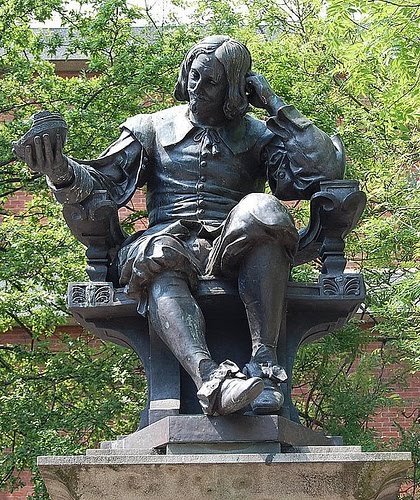
Champion jockey Hayley Turner aboard Collect Art
Yesterday I had a rare excursion out of the city to the sea-side race-track of Great Yarmouth. Pictured is the champion female flat jockey Hayley Turner aboard Collect Art in the Parade ring, just minutes before winning the race in a finish in which Collect Art rallied gamely to regain the lead near the line by a head. An exciting finish on a day which was a speculative financial disaster for myself. However as I've been attending the race-track on and off for 20 years now there are plenty of glory days to recollect and sustain oneself through such a bleak day.
The general mood of the day was coloured by the fact that after several hot sunny days of temperatures reaching 27 Celsius last week, this week the mercury plunged to 16 Celsius for the day. As sometimes happens due to the close proximity of the sea, a sea-fret rolled in restricting visibility to just the last 2 furlongs for several races. One of the largest off-shore wind-farms consisting of over 30 wind-turbines can be seen from the Grandstand (photo bottom page) but not on the day I attended due to the weather.
Situated on Norfolk's east coast, Great Yarmouth was once a major sea-port. It has a literary association with Charles Dickens (1812-1870) who wrote of his childhood memories when resident there in 'David Copperfield', and with the Norfolk-born naval hero, Lord Horatio Nelson (1758-1805). In fact many pubs, clubs, conference centres and hotels throughout Norfolk including the new Grandstand at Yarmouth race-track are named after the distinguished imperial pirate. There's been horse-racing at Yarmouth since 1770, primarily due to its relatively close distance to the home of thoroughbred-racing, Newmarket, Suffolk, also known simply as H.Q. (Headquarters) around the world by racing aficionado's.
Due to the current economic climate the old lamentation about the perilous state and condition of British Flat racing is wailed once more. The fact is that there is simply too much low-grade racing like today's card at Yarmouth. The big betting firms, Ladbrokes, Corals, William Hills etc. are simply milking the industry for all it's worth, not caring whether the sport survives or not, true to the colours of international capitalism which also is indifferent about the human cost of unemployment. As long as these institutions get their pound of flesh, they will remain complacent, until the corpse is placed on their door-mat. Besides, horse-racing now accounts for a lesser percentage of profit for the gambling industry, online activities such as poker and betting on football is where the big money is; its a sad state of affairs, for in many ways horse-racing was for centuries the National sport of Britain until eclipsed by the more mass-minded participation sports of cricket and football.
Ever since the 1760's when three Arabian thoroughbreds arrived in Britain, the British have engaged in genetically modifying the thoroughbred horse for the sport of racing. Historically speaking thoroughbred horse racing, for good or ill, like many other pastimes was introduced to the rest of the world by Britain.
British horse-racing has for over thirty years been greatly supported by big horse owners such as Sheik Mohammed and his brother Hamdan al Maktoum along with Prince Khalid Abdullah, (the owner of this year's Derby winner Workforce). These owners, recognizing the skill of the British trainer and the Brits love of horse-racing, have generously provided many horses for trainers for decades. Without their continued support British racing would have been considerably poorer long ago in both quality and quantity.


































No comments:
Post a Comment